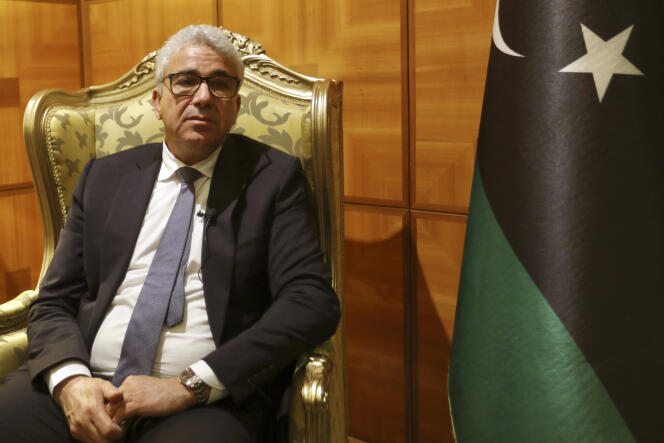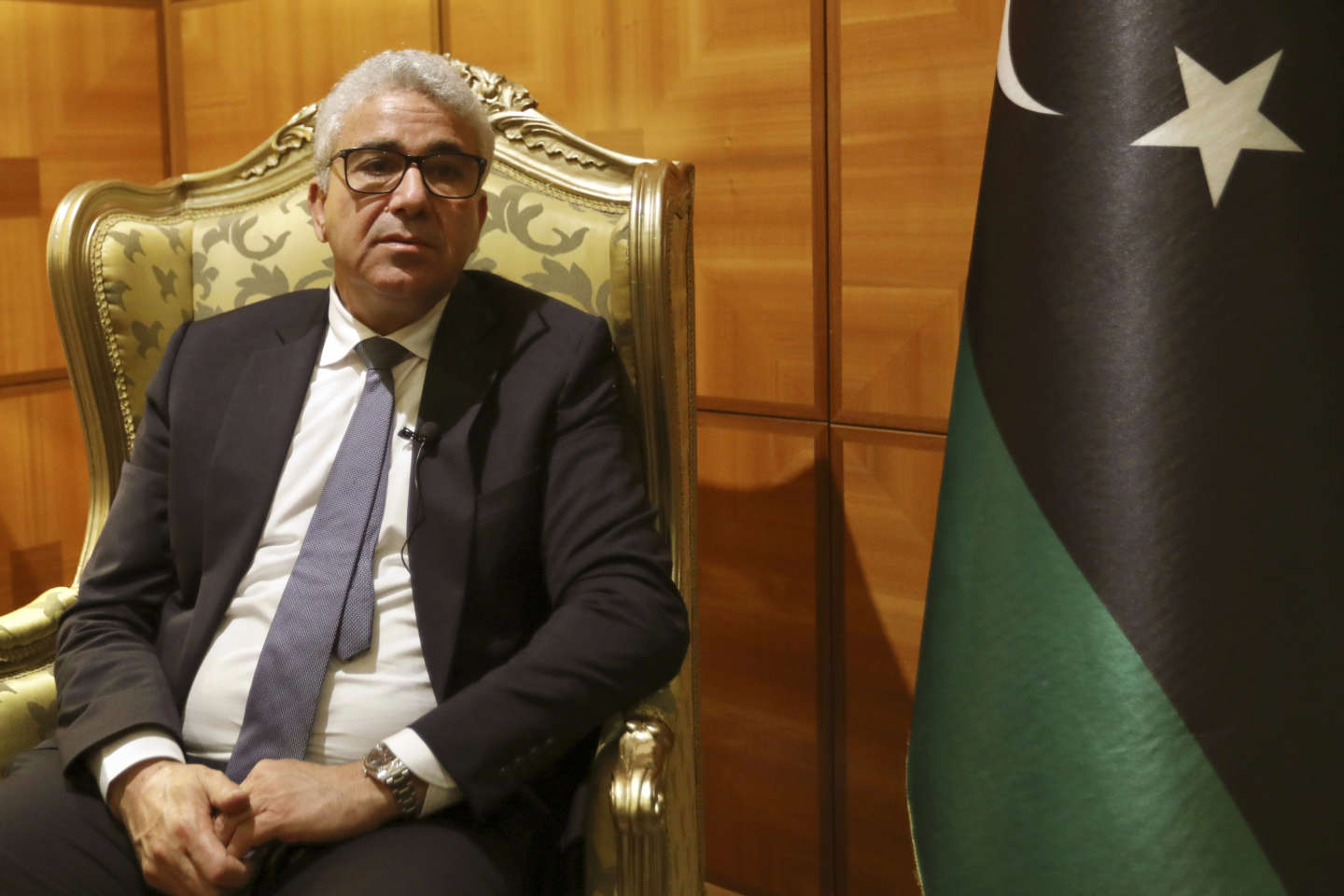
The head of the Libyan government appointed by Parliament, supported by the eastern camp of Marshal Khalifa Haftar, withdrew from the capital Tripoli on Tuesday (May 17th) after trying to dislodge the rival executive in place and sparking fighting between rival armed groups.
This violence, on an unprecedented scale in Tripoli for almost two years and the failure, in June 2020, of Marshal Haftar’s attempt to seize it by force, are symptomatic of the chaos to which Libya has been plagued since the fall of Muammar Gaddafi’s regime in 2011.
The fighting between rival militias began on the night of Monday to Tuesday after the arrival in Tripoli of the Prime Minister appointed by the Parliament sitting in the East, Fathi Bachagha, accompanied by several ministers from his team, according to a correspondent of the Agence France-Presse on the spot, which was not able to precisely identify the factions clashing.
In the middle of the morning on Tuesday, after several hours of fighting, the press service of Mr. Bachagha announced in a press release that the latter and his ministers had “left Tripoli to preserve the security (…) citizens « . Mr. Bachagha, invested by Parliament in March, intended by this unexpected coup to take office in Tripoli despite the categorical refusal of the current executive led by Abdelhamid Dbeibah to cede power before the holding of elections. The ballot originally scheduled for December has been postponed indefinitely.
Call for restraint
In the Tripoli region, the two camps have the support of armed groups that are still very influential in the west of the country, but whose allegiances are shifting. Al-Nawasi, a large militia in the capital, particularly welcomed the arrival of Mr. Bachagha, before his withdrawal.
For its part, the government sitting in Tripoli, born in early 2020 from a political process sponsored by the UN, has not reacted to the events of recent hours. According to Libyan media, the departure of Mr. Bachagha from the capital was decided during a mediation led by an army brigade loyal to the government of Tripoli to put an end to the fighting.
The UN Secretary General’s Special Adviser on Libya, Stephanie Williams, called on Twitter for the » detention « insisting « on the absolute necessity of refraining from any provocative action ». “The United States is deeply concerned by reports of armed clashes in Tripoli. We urge all armed groups to refrain from violence and political leaders to recognize that taking or retaining power through violence will only harm the Libyan people.”declared, for its part, the American embassy in Tripoli.
The head of European diplomacy, Josep Borrell, spoke of a situation “has become very serious in recent hours”. “We expected something like this to happen, because in Libya we didn’t have elections but we have two governments (…) And sooner or later, when there are two governments, they s ‘confront’he said in Brussels.
In a video broadcast by local media, Mr. Bachagha, a former interior minister, claimed early on Tuesday that he had been “very well received” in Tripoli, and announced the holding of a press conference in the evening during which he would “a speech of unity to the Libyan people”.
Oil blockade
Since 2011, Libya, a country of seven million people, has been plagued by divisions between competing institutions in East and West and by insecurity. Oil production, the country’s main source of income, has been hostage to political divisions, with a wave of forced closures of oil sites in recent weeks.
Considered close to the camp in the East, the groups behind the blockages demanded the transfer of power to Mr. Bachagha as well as a better distribution of oil revenues.
Between 2014 and 2021, the country had already found itself with two rival governments. But it is no longer an East-West conflict, but an arrangement between key players in the two regions. Mr. Bachagha being himself a heavyweight in western Libya, he has forged alliances with both Marshal Khalifa Haftar and the Speaker of Parliament installed in the East, Aguila Salah Issa, on behalf of national reconciliation.
